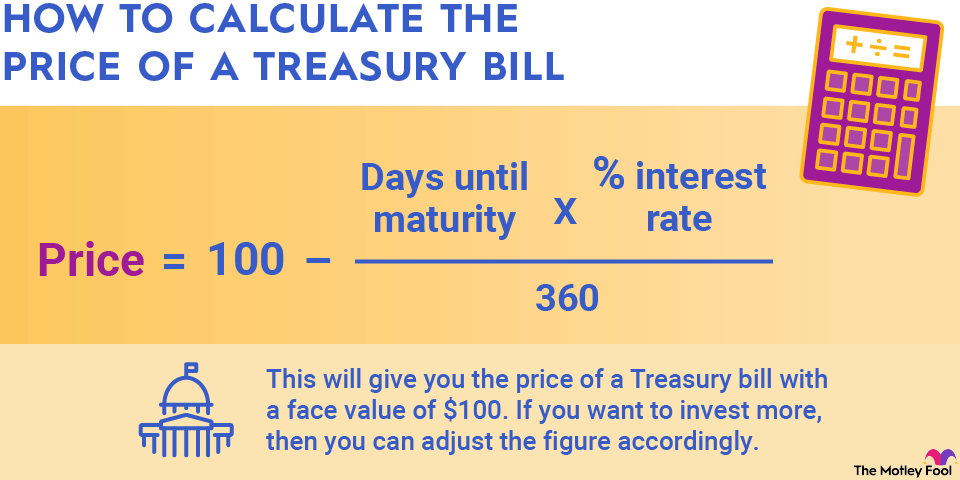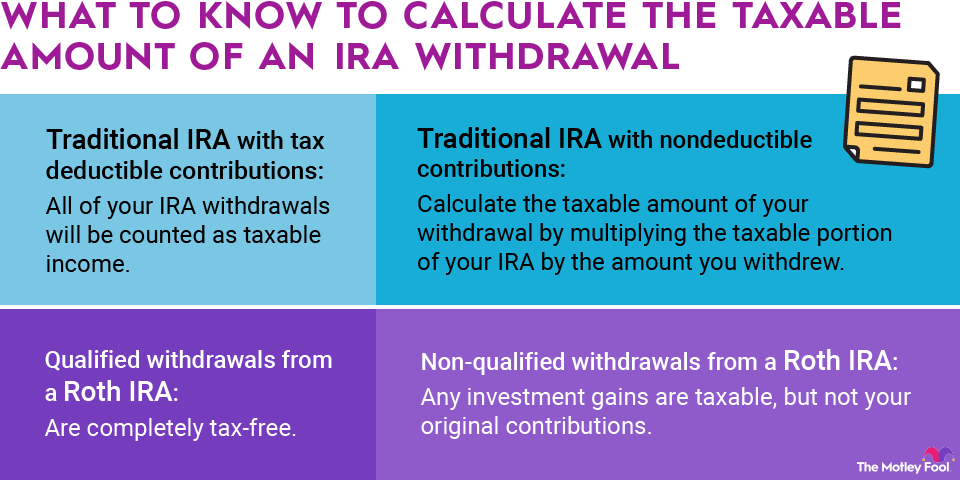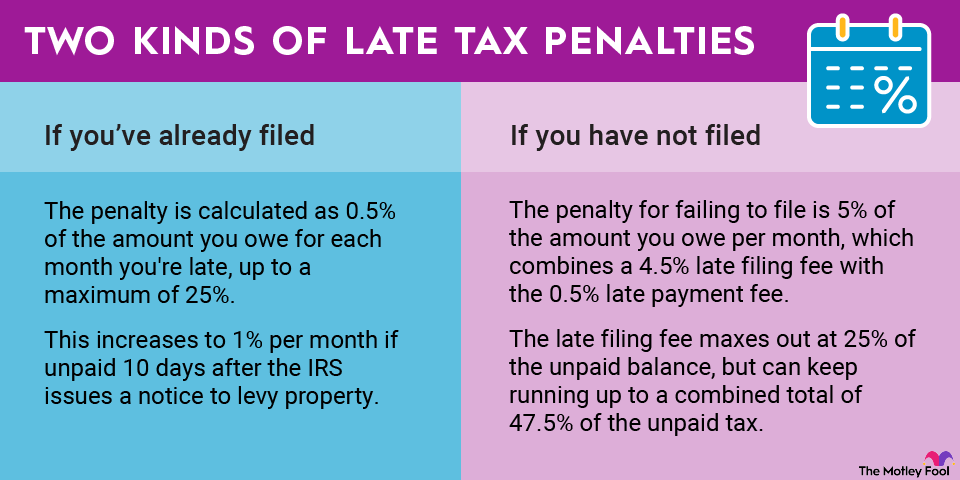Notes are often a key component of how a business finances its operations. For purposes of accounting, it's important to be able to calculate the maturity value of a note to know how much a business will have to pay when the note comes due.
In general, notes are a form of short-term commercial financing. Thus, a note may be issued for a period as short as 30 or 60 days.

An example of a note's maturity value
Suppose a company signed a promissory note to borrow $100,000 from a local bank. The note will mature in 90 days and carries an annual rate of interest of 8%. What's the maturity value of this particular note?
To calculate the maturity of this note, we use a simple formula:
Maturity value = Principal x (1+ Rate x Time)
In this case, we need to be sure that the annual rate of interest is adjusted for the fact that the note is shorter than a full year. Thus, the formula would look like this:
Maturity value = $100,000 x (1+.08 x 90/360)
Notice that I have set this up to divide the days to maturity (90 in this case) by only 360 days instead of 365 days. This is because commercial loans often use 360-day calendar years instead of 365-day calendar years. This isn't set in stone -- you could surely find a bank to write a note based on a 365-day calendar -- but 360-day years are the norm for commercial notes.
It can then be simplified to find the answer.
Maturity value = $100,000 x (1+.08 x .25)
Maturity value = $100,000 x (1+.02)
Maturity value = $100,000 x 1.02
Maturity value = $102,000
When you divide, multiply, and add it up, you'll find that the maturity value of this note is $102,000. That is the maturity value of the note -- the amount the borrower will have to pay to the bank when the note comes due.


















